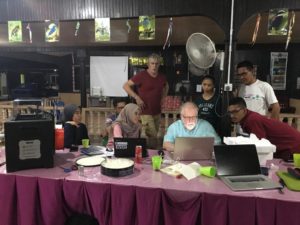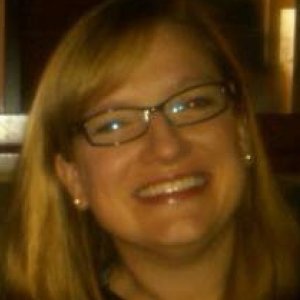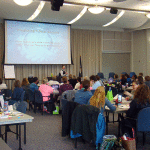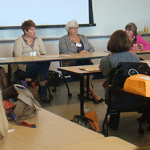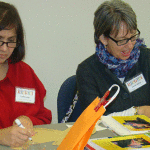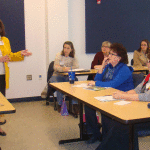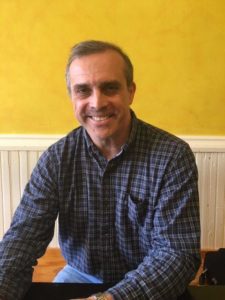
Antonio Causarano, associate professor of education.
Antonio Causarano, associate professor of education, will give a presentation titled “Race and Education in Fascist Italy” about Italian dictator Benito Mussolini’s education program. According to The Free Lance-Star, “It will focus on ‘the historical aspects of race in fascist Italy and how the ideology of race was an integral part of the education of fascist youth during the 20 years of fascist regime,’ he said.” Sponsored by the Fredericksburg-Este Association, the free lecture is open to the public and will be held on Friday, Oct. 11 at 7 p.m. at St. George’s Episcopal Church at 905 Princess Anne St. Read more.
